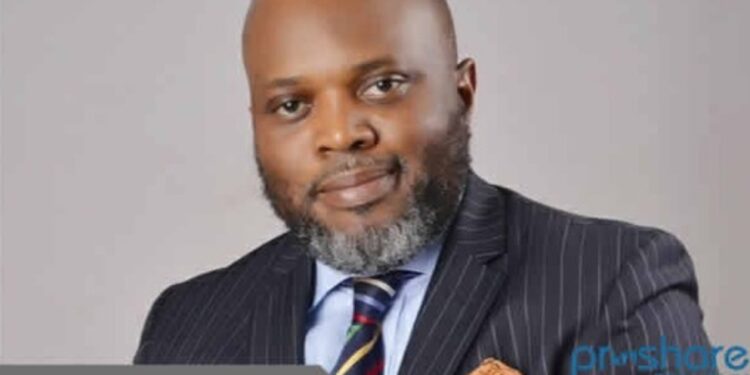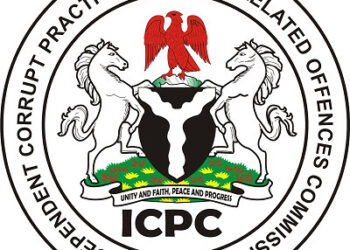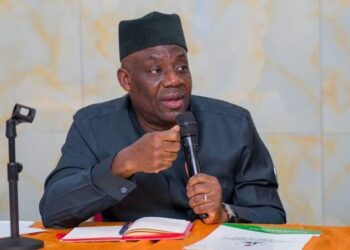Dr. Tope Fasua, Special Adviser to President Bola Tinubu on Economic Affairs, has reignited a heated debate about the value of the naira and poverty in Nigeria. In a recent interview, Fasua defended his earlier statement that $1, equivalent to over N1,500, can still buy a meal in Nigeria, unlike in the United States.
According to Fasua, many Nigerians are misquoting and sensationalizing his comments, ignoring the fact that poverty is a real issue in the country.
He emphasized that N1,500 can still feed a person in certain parts of Nigeria, citing personal experiences from a visit to a restaurant in Lekki, Lagos, where N2,500 could buy a meal.
Fasua pointed to the growing issue of economic inequality in Nigeria, stressing the need for both the private and public sectors to take action. He also discussed the lasting impact of the COVID-19 pandemic, suggesting that the economic repercussions may take decades to fully recover from.
You may also like: Oando’s Market Value Hits 1 Trillion Naira Amidst Fuel Crisis
The controversy surrounding Fasua’s remarks has sparked a national conversation about the state of Nigeria’s economy and the value of the naira.
While Fasua’s comments may have been misinterpreted, they highlight the complexities of Nigeria’s economic reality. The naira’s value is a contentious issue, with many Nigerians struggling to make ends meet. However, Fasua’s assertion that N1,500 can still buy a meal in some parts of the country is a nuanced perspective that warrants consideration.
Fasua’s emphasis on the private sector’s role in addressing economic inequality is a crucial point. By working together, the government and private sector can create opportunities for economic growth and development, ultimately improving the lives of Nigerians.




































